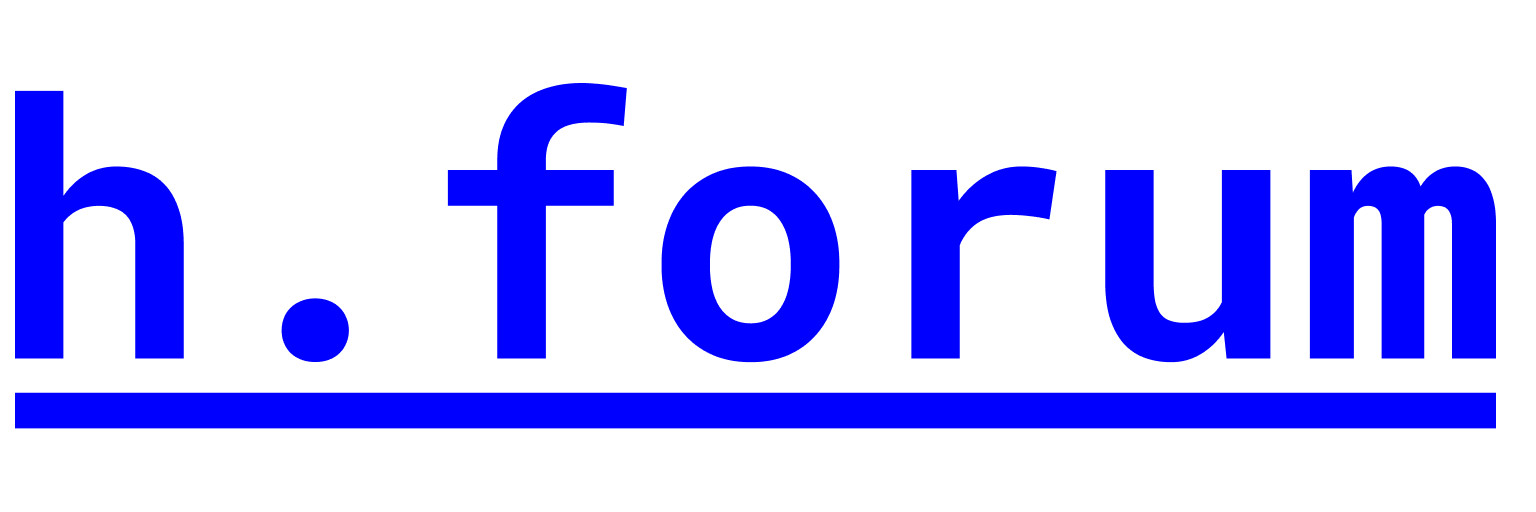Prompt:
- Slow long-lived iterative discussions/brainstorm that accrete… interlinking digital gardens, blog rings, postal chess?
- [see also: book club formats / pattern language, interlinked blogging, etc.]
Notes:
- Ways of smaller granularity ping-pong of exchange, less overwhelming, but aggregates over time?
- Slow discussions can be more generative…gives you more time to think!
- One experiment on Hyperlink, blog chain experiment, building on each other’s ideas, slower discussion…
- On blogs for example, feel like there’s greater ownership over the conversation space
- Using a Google Sheet for sharing stuff, comments, etc. (awful interface, but changes the mode!)
- Celine’s been playing around w/ Ponder, collaborative journaling app…writing for yourself and with others
- Playing w/ prompts, nudges, etc., reminders that can lower friction to continued discussion, spread out…
- E.g. Andy Matuschak’s spaced repetition stuff, used to “program time”…doing w/ social stuff too! Encoding rituals…
- (NB: he’s working on a tool around that…could suggest communal stuff to him…but less interested? Contrast w/ Michael Nielsen who seems more interested in social science type collaborative stuff)
- Readwise might enter the space w/ some social spaced repetition stuff…different from memory focus…
- Push and pull: spaced repetition; also doing lots of retros…throw to the future; pull from the past…
- Idea: really want to start public emails! Referenceable by anybody rather than siloed in your inbox
Select any text above and hit “quote” to riff on it directly, or continue this in any related direction!
